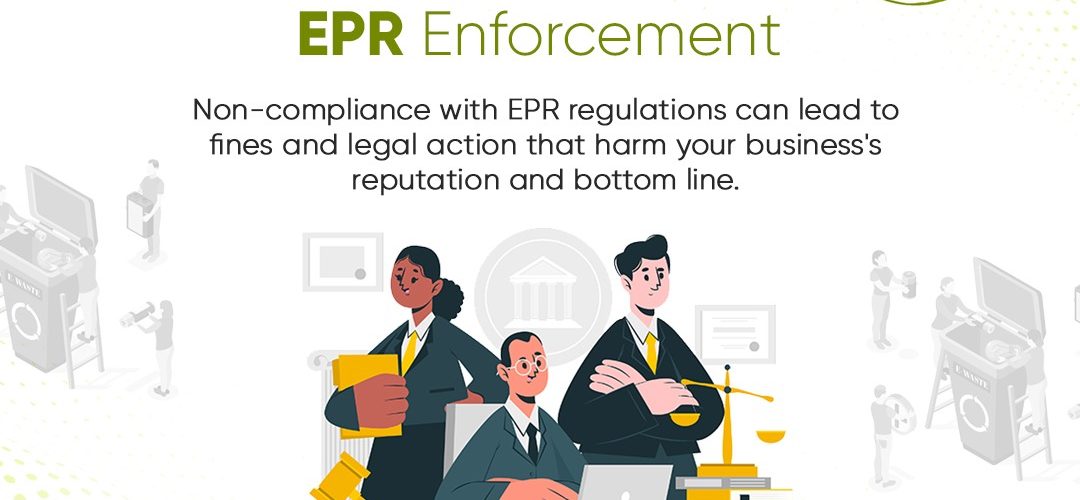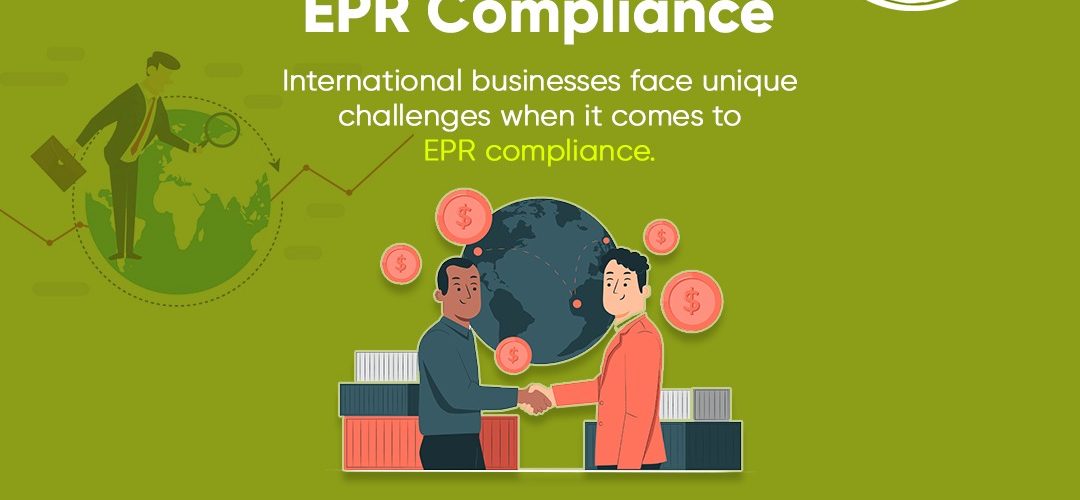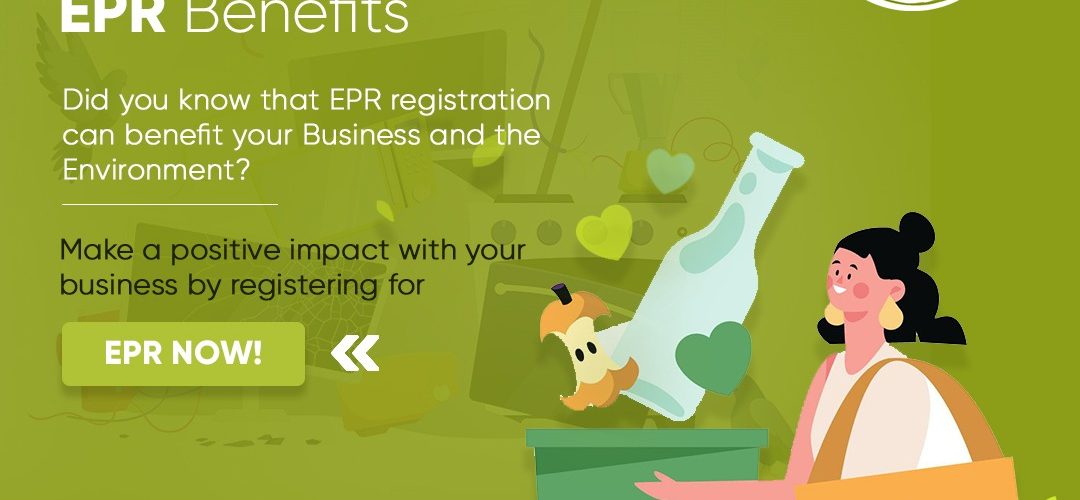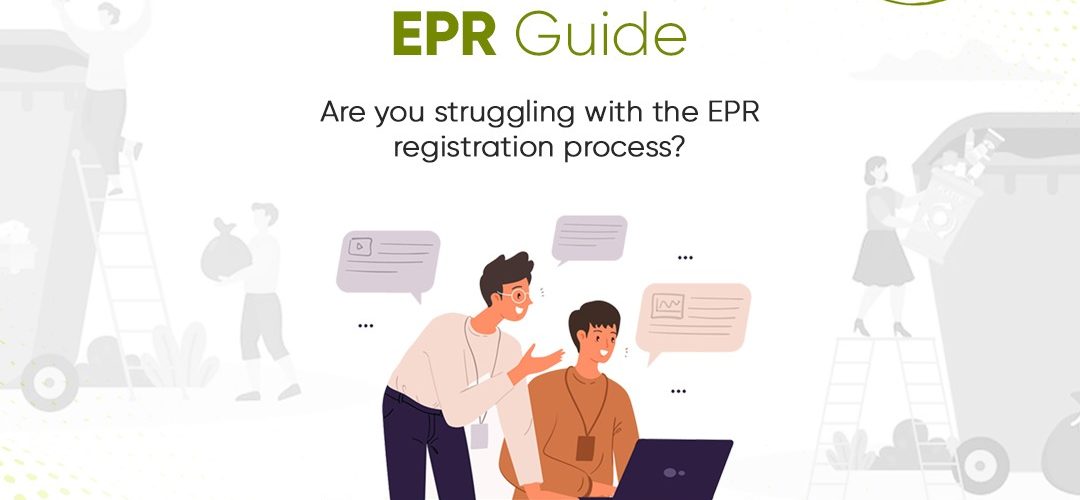Introduction: Individuals and companies are looking for environmentally friendly options in every part of their lives in the modern world when environmental issues are at the forefront. The introduction of freezers with Extended Producer Responsibility (EPR) is one such remedy. These cutting-edge appliances offer effective cooling and promote a cleaner future by reducing their negative environmental effects. The benefits, features, and reasons why EPR refrigerators are the best option for people and businesses that care about the environment
Introduction : Plastic waste has become a major global environmental problem, seriously harming both ecosystems and people’s health. An Extended producer responsibility certificate has emerged as a viable answer to this urgent problem. The reduction of plastic waste pollution in recent years has been greatly aided by the deployment of EPR programs. This article examines the value of EPR certificates in the management of plastic waste and emphasizes their contribution to the advancement of
Introduction: The pharmaceutical sector plays a critical role in society, but it also presents unique environmental challenges, particularly regarding the disposal of expired or unused medications. To address this issue and promote responsible practices, many regions have implemented Extended Producer Responsibility (EPR) registration programs for pharmaceutical companies. In this blog, we will explore an enlightening case study that highlights the success of pharmaceutical sector initiatives through EPR registration. This case study exemplifies the importance of collaboration and
Introduction: The automotive industry is a significant contributor to environmental challenges, particularly in terms of end-of-life vehicles. To address this issue and promote sustainable practices, many regions have implemented Extended Producer Responsibility (EPR) registration programs for automakers. In this blog, we will explore an inspiring case study that showcases the success of automotive industry initiatives through EPR registration. This case study highlights the transformative impact of collaboration and responsible practices in reducing the environmental footprint of the
Introduction: Packaging waste poses a significant environmental challenge, with plastic pollution being a key concern worldwide. To address this issue and promote sustainable packaging practices, many regions have implemented Extended Producer Responsibility (EPR) registration programs for packaging manufacturers. In this blog, we will explore an insightful case study that highlights the success of a packaging waste management program through EPR registration. This case study exemplifies how collective responsibility and innovative approaches can drive positive change and reduce
Introduction:
Electronic waste, or e-waste, is a growing environmental concern worldwide. To address this issue and promote responsible waste management practices, many regions have implemented Extended Producer Responsibility (EPR) registration programs for electronics manufacturers. In this blog, we will explore a compelling case study that highlights the success of an electronics recycling program through EPR registration. This case study showcases how collaboration and accountability can drive positive change and environmental sustainability.
Case Study: Electronics Recycling Program
Extended Producer Responsibility (EPR) initiatives are becoming increasingly popular with consumers who are concerned about the environmental impact of the products they purchase. By supporting EPR initiatives, businesses can not only meet the demands of environmentally conscious consumers, but also benefit from enhanced brand reputation and social responsibility. Here are some ways that consumer support for EPR initiatives can benefit your business: Improved brand reputation: By supporting EPR initiatives, businesses can demonstrate their commitment to environmental
In most countries, government agencies are responsible for monitoring compliance with EPR regulations. These agencies may conduct audits and inspections to ensure that businesses are meeting their obligations, such as registering with the appropriate EPR schemes, reporting on their product waste management activities, and meeting specific targets for waste reduction and recycling. If a business is found to be non-compliant with EPR regulations, the consequences can be severe. Depending on the nature and severity of the non-compliance,
As a business owner, you might be wondering why you should bother registering with Extended Producer Responsibility (EPR) regulations. Compliance with EPR regulations can have numerous benefits for your business, from improving your reputation to promoting sustainability and reducing waste. In this article, we will discuss the top benefits of EPR registration for your business. What is EPR? Extended Producer Responsibility (EPR) is a waste management policy that shifts the responsibility of managing end-of-life products and packaging from taxpayers to producers. EPR
Extended Producer Responsibility (EPR) is a regulatory framework that holds manufacturers and producers accountable for the entire lifecycle of their products, including end-of-life management. EPR regulations are designed to promote sustainability and reduce waste by incentivizing businesses to design more sustainable products and manage the end-of-life of their products responsibly. In this guide, we will provide step-by-step instructions for businesses to register for EPR regulations and streamline the process. Step 1: Identify the Relevant Regulatory Body The first step in registering for






